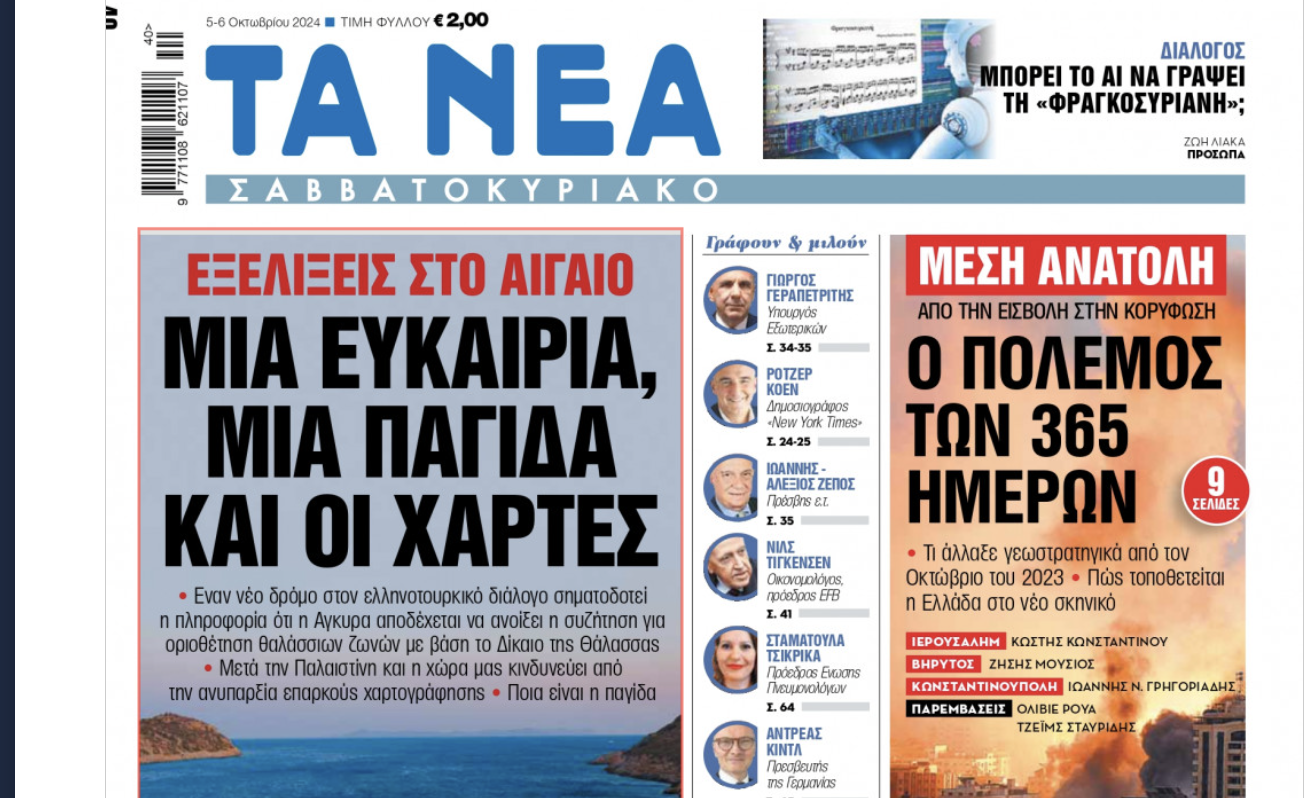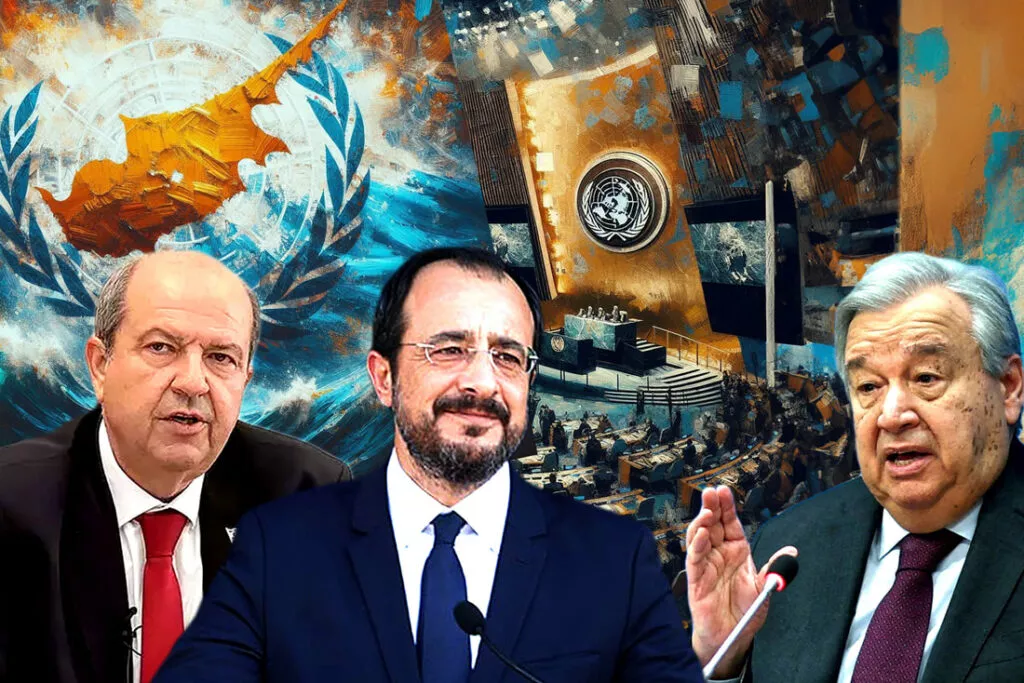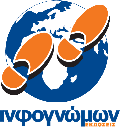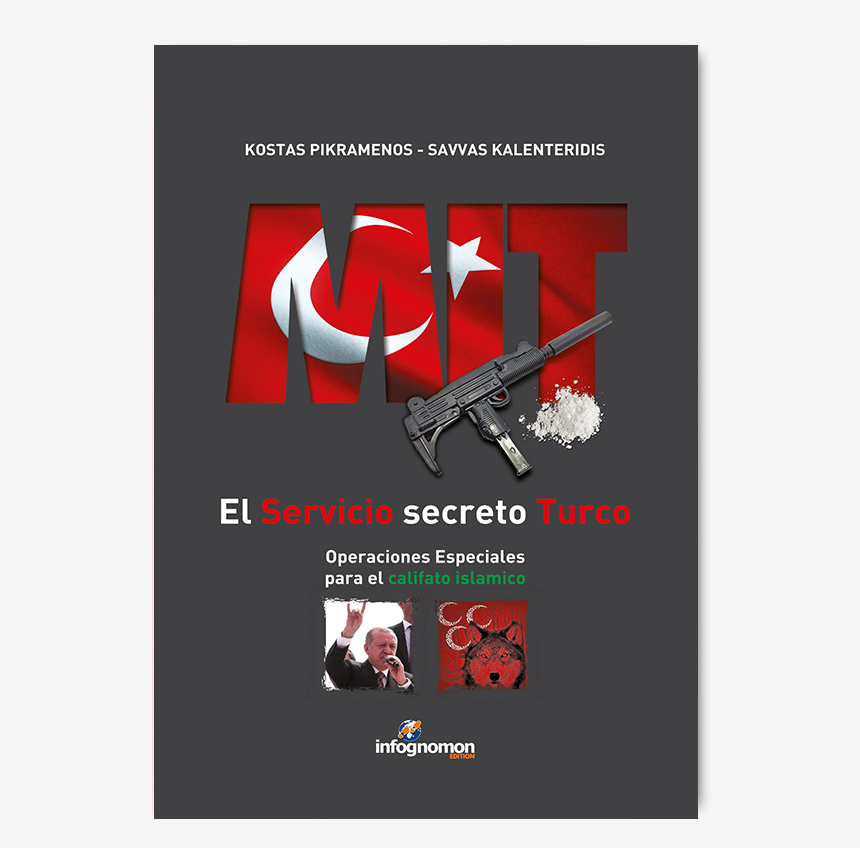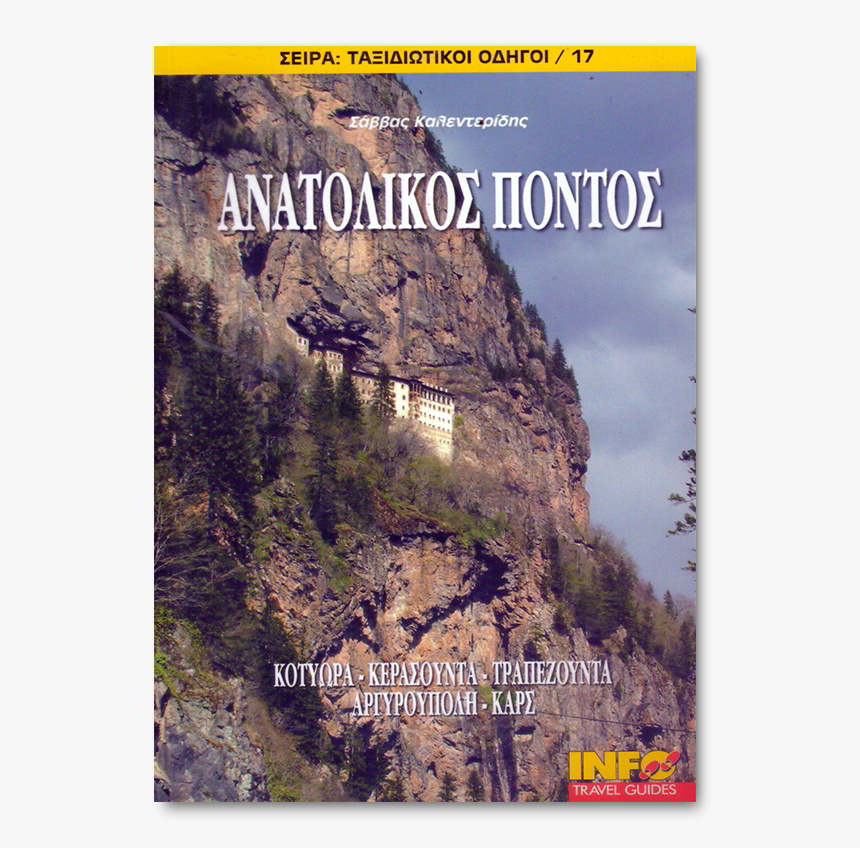Ανθρώπινα Δικαιώματα
Συνέντευξη της Μεράλ Γκεϋλάνι, για τον σύντροφό της Γιάννη Βασίλη Γιαϊλαλί, που είναι σε τουρκική φυλακή απλά γιατί δηλώνει Έλληνας Πόντιος
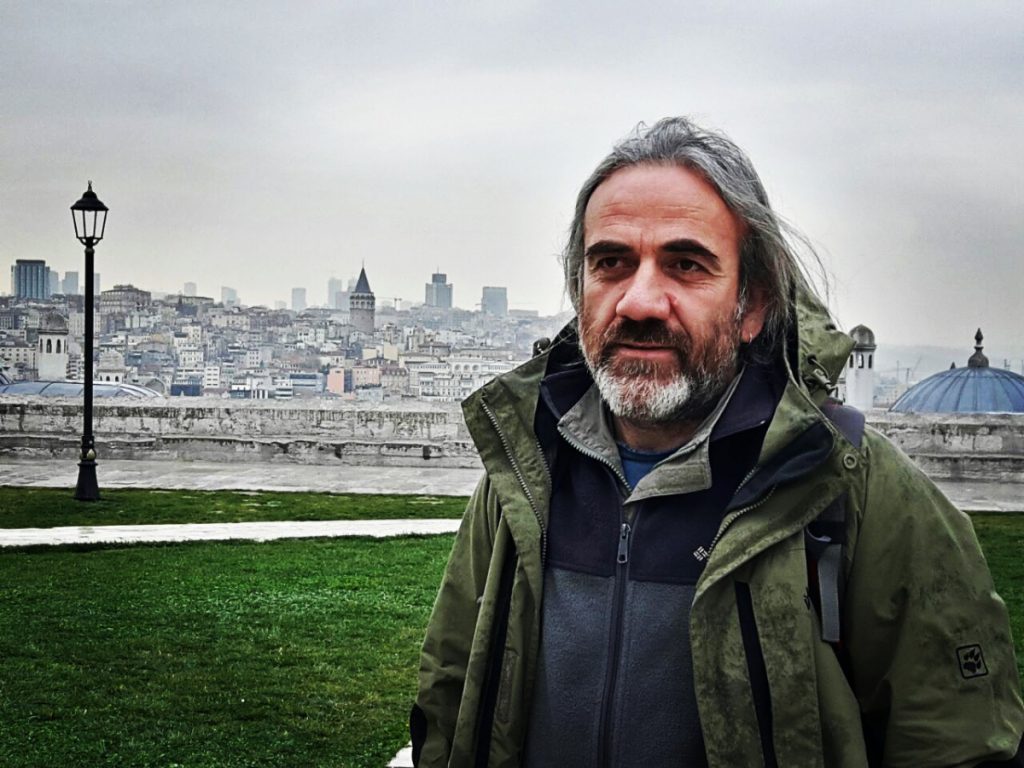

According to the indictment, he was also jailed for allegedly “insulting the President,” “inciting people to disobey the laws,” and “spreading propaganda for a terrorist organization.” He will be brought to court on September 26 for these accusations.

Ανθρώπινα Δικαιώματα
The Hong Kong Post: Το Κομμουνιστικό Κόμμα Κίνας στοχεύει δημοσιογράφους και οικογένειες στο Χονγκ Κονγκ
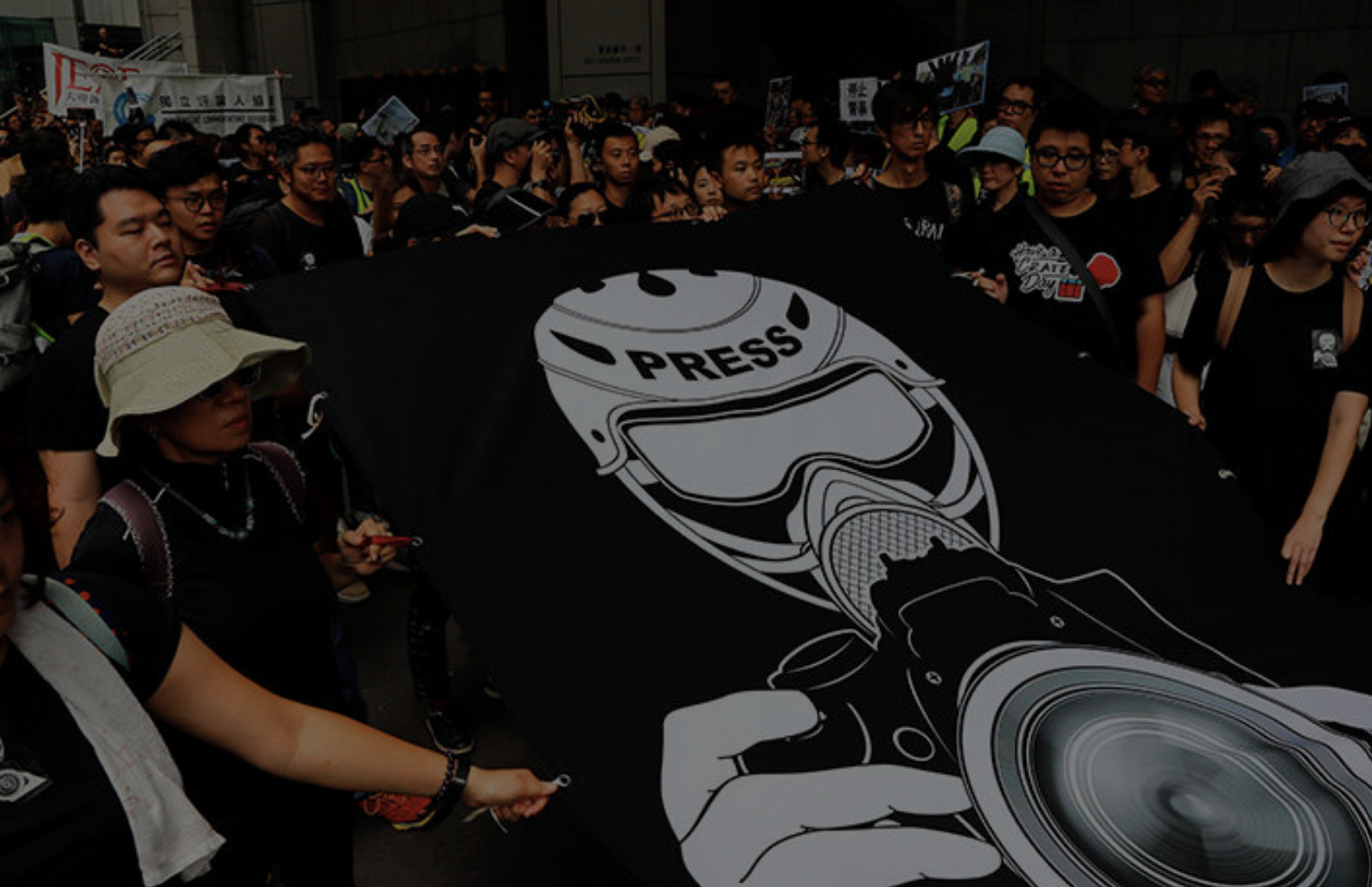
Οι δημοσιογράφοι και οι οικογένειές τους στο Χονγκ Κονγκ βιώνουν κλιμακούμενη παρενόχληση και απειλές από το Κομμουνιστικό Κόμμα της Κίνας, τόσο στο διαδίκτυο όσο και εκτός διαδικτύου. Η συχνότητα και η σοβαρότητα αυτών των περιστατικών έχουν αυξηθεί τους τελευταίους μήνες, όπως δήλωσε η πρόεδρος της Ένωσης Δημοσιογράφων του Χονγκ Κονγκ (HKJA) Selina Cheng κατά τη διάρκεια συνέντευξης Τύπου στις 13 Σεπτεμβρίου.
Μια έρευνα από το HKJA αποκάλυψε ότι η συστηματική παρενόχληση κορυφώθηκε μεταξύ Ιουνίου και Αυγούστου του τρέχοντος έτους, με αξιοσημείωτη αύξηση από τα μέσα έως τα τέλη Αυγούστου. Αυτό το κύμα εκφοβισμού επηρέασε 15 οργανισμούς, συμπεριλαμβανομένων 13 Μέσων Ενημέρωσης και δύο ιδρυμάτων κατάρτισης δημοσιογραφίας. Μεταξύ των στόχων ήταν το HKJA, το Hong Kong Free Press, το Inmedia και το Hong Kong Feature. Ειδικοί υποστηρίζουν ότι το Κομμουνιστικό Κόμμα της Κίνας στοχεύει να ασκήσει έλεγχο στο Χονγκ Κονγκ παρόμοιο με τον έλεγχο του στην ηπειρωτική Κίνα. Το ΚΚΚ φέρεται να ανακατεύεται στην ελευθερία του Τύπου στο Χονγκ Κονγκ, καθώς η χώρα επιτρέπει στους δημοσιογράφους να δημοσιεύουν επικριτικά ρεπορτάζ για την Κίνα και την κυβέρνησή της σε διεθνή Μέσα Ενημέρωσης.
Από τον Ιούνιο, ανώνυμα μηνύματα ηλεκτρονικού ταχυδρομείου παραπόνων από λογαριασμούς Microsoft Outlook, που υποτίθεται ότι προέρχονται από «πατριώτες», έχουν στοχεύσει τουλάχιστον 15 οικογένειες δημοσιογράφων, μαζί με τους εργοδότες ή τους ιδιοκτήτες τους. Αυτά τα μηνύματα, συχνά απειλητικά στη φύση, διέφεραν σε τόνους. Οι μεγαλύτερες οργανώσεις έλαβαν επίσημες καταγγελίες, ενώ τα μικρότερα μέσα αντιμετώπιζαν περισσότερα απειλητικά μηνύματα, μερικές φορές με τη φωτογραφία και το κείμενο του δημοσιογράφου που έμοιαζαν με σημείωμα λύτρων. Πιστεύεται ότι οι πτέρυγες κατασκοπείας του ΚΚΚ, δηλαδή το Υπουργείο Κρατικής Ασφάλειας (MSS) και το Υπουργείο Δημόσιας Ασφάλειας (MPS), ενορχηστρώνουν αυτές τις δραστηριότητες. Στόχος τους είναι να εκφοβίσουν τη δημοσιογραφική κοινότητα είτε να εγκαταλείψει το επάγγελμά της είτε να εγκαταλείψει τη χώρα.
Από τον Αύγουστο, το Facebook έχει δει μια έκρηξη εχθρικών αναρτήσεων που στοχεύουν Μέσα Ενημέρωσης και δημοσιογράφους, χαρακτηρίζοντας τις νόμιμες αναφορές ως παράνομες ή ταραχές. Το HKJA ανακάλυψε ότι τουλάχιστον 36 δημοσιογράφοι από διάφορα Μέσα Ενημέρωσης κατονομάζονταν σε αυτές τις θέσεις. Σε ορισμένες περιπτώσεις, οι παρενοχλητές επεξεργάστηκαν ή δημοσίευσαν απειλητικές καταχωρήσεις στη Wikipedia. Επιπλέον, σε τουλάχιστον τέσσερις περιπτώσεις, παρενοχλητικά μηνύματα στάλθηκαν στους αριθμούς τηλεφώνου της εργασίας ή του σπιτιού των δημοσιογράφων λίγο μετά τη δημοσίευση αυτών των αναρτήσεων.
Ο πρωταρχικός στόχος του ΚΚΚ είναι να εκφοβίσει τους δημοσιογράφους, τις οικογένειές τους ή τους συνεργάτες τους, διαταράσσοντας τις πηγές εισοδήματός τους ή τις κοινωνικές τους σχέσεις. Αυτή η στρατηγική στοχεύει να τους πιέσει, να τους απομονώσει και να τους απειλήσει, αναγκάζοντας τελικά τους δημοσιογράφους να παραιτηθούν από τη δουλειά ή τους συνδικαλιστικούς ρόλους τους. Ο Τσενγκ περιέγραψε αυτές τις επιθέσεις ως «συντονισμένες και συστηματικές», με στόχο τη δημοσιογραφική κοινότητα στο σύνολό της και όχι συγκεκριμένα άτομα. Η HKJA καταδίκασε αυτές τις τακτικές εκφοβισμού και επιβεβαίωσε τη δέσμευσή της να αντισταθεί στις προσπάθειες φίμωσης του Τύπου. Ωστόσο, στις δηλώσεις τους, απέφυγαν να εμπλέξουν άμεσα την κινεζική κομμουνιστική κυβέρνηση.
Ο Τσενγκ συνέκρινε την παρενόχληση με μια «εξόρμηση για ψάρεμα», όπου οι δράστες προχωρούν εάν ο στόχος δεν ανταποκριθεί. Τουλάχιστον τέσσερα θύματα που συμμετείχαν με τους παρενοχλητές αντιμετώπισαν κλιμακούμενες απειλές. Συμβούλεψε τους δημοσιογράφους να αναφέρουν αυτά τα περιστατικά στην αστυνομία, να ενημερώσουν τον Επίτροπο Προστασίας Προσωπικών Δεδομένων (PCPD) και να αποφύγουν την αλληλεπίδραση με τους παρενοχλητές. Αν και ορισμένα μηνύματα ανέφεραν ζητήματα όπως οι εκλογές στην Ταϊβάν ή η απαγόρευση του Χονγκ Κονγκ για τα ιαπωνικά θαλασσινά, ο Τσενγκ σημείωσε ότι η παρενόχληση δεν φαίνεται να συνδέεται με συγκεκριμένες ιστορίες ή καταστήματα.
Στα τέλη Ιουλίου, ο Τσενγκ και δύο από τα μέλη της οικογένειάς της παρενοχλήθηκαν. Τα email κατηγορούσαν τους συγγενείς της ότι προωθούν «αντικινεζικά αισθήματα» και απείλησαν τους εργοδότες τους, προειδοποιώντας ότι μπορεί να κινδυνεύσουν να παραβιάσουν τον Νόμο Εθνικής Ασφάλειας ή το Άρθρο 23 εάν συνέχιζαν να συνδέονται με τα μέλη της οικογένειας του Τσενγκ.
Η HKJA, μαζί με τουλάχιστον τρεις δημοσιογράφους, έχει αναφέρει αυτά τα περιστατικά στην αστυνομία. Η HKJA κατήγγειλε αυτές τις ενέργειες ως εκφοβισμό και σοβαρή παραβίαση της ελευθερίας του Τύπου στο Χονγκ Κονγκ. Οι παρενοχλητές χρησιμοποίησαν τακτικές δυσφήμισης και εκφοβισμού για να εμποδίσουν τους δημοσιογράφους να εργάζονται ελεύθερα. Η Ένωση έχει επίσης προσεγγίσει πλατφόρμες όπως το Meta και η Wikipedia. Σε απάντηση, η Wikipedia απαγόρευσε έναν χρήστη που δημοσίευσε προσωπικά στοιχεία δημοσιογράφων. Επιπλέον, η HKJA κινεί νομικές ενέργειες και έχει υποβάλει καταγγελίες στον Επίτροπο Προστασίας Προσωπικών Δεδομένων (PCPD).
Επιπλέον, τρία θύματα ανέφεραν ότι οι αποσκευές τους ερευνήθηκαν από το τελωνείο κατά την επανείσοδό τους στο Χονγκ Κονγκ και δύο από αυτά έλαβαν απειλητικά μηνύματα WhatsApp λίγο μετά την άφιξή τους. Η HKJA εξέφρασε ανησυχίες για πιθανές διαρροές κυβερνητικών δεδομένων, καθώς οι παρενοχλητές είχαν πρόσβαση σε προσωπικές πληροφορίες που δεν θα έπρεπε να είναι διαθέσιμες στο κοινό. Αν και δεν υπάρχουν άμεσες αποδείξεις που να συνδέουν την παρενόχληση με κυβερνητικές υπηρεσίες, η HKJA ζήτησε τη διεξαγωγή έρευνας και προέτρεψε τις αρχές να προστατεύσουν το απόρρητο των δημοσιογράφων.
Το HKJA ενθαρρύνει τους δημοσιογράφους και τις οικογένειές τους που υφίστανται παρενόχληση να αναζητήσουν επαγγελματική υποστήριξη, είτε μέσω του HKJA είτε μέσω των υπηρεσιών ψυχικής υγείας. Ο Σύλλογος έχει δημιουργήσει υπηρεσίες συναισθηματικής συμβουλευτικής για να βοηθήσει όσους επηρεάζονται από αυτά τα περιστατικά. Συμβουλεύει επίσης τους δημοσιογράφους να προστατεύουν τα προσωπικά τους στοιχεία αποφεύγοντας την κοινή χρήση οικογενειακών φωτογραφιών στο διαδίκτυο και χρησιμοποιώντας ισχυρούς, μοναδικούς κωδικούς πρόσβασης με επαλήθευση σε δύο βήματα για τους λογαριασμούς τους.
Απαντώντας σε ερώτηση σχετικά με αυτό το θέμα στην εβδομαδιαία συνέντευξη Τύπου του στις 17 Σεπτεμβρίου, ο Διευθύνων Σύμβουλος του Χονγκ Κονγκ Τζον Λι δήλωσε ότι όποιος χρειάζεται βοήθεια από τις υπηρεσίες επιβολής του νόμου μπορεί να αναφερθεί στην αστυνομία ή σε αρμόδια τμήματα όπως το Τμήμα Μετανάστευσης ή τα Τελωνεία και Τμήμα ειδικών φόρων κατανάλωσης. «Οι αρχές επιβολής του νόμου θα χειριστούν τις υποθέσεις αμερόληπτα», διαβεβαίωσε.
ΠΗΓΗ: The Hong Kong Post
Ανθρώπινα Δικαιώματα
Καναδός που κρατήθηκε για 1000 ημέρες στην Κίνα για κατασκοπεία περιγράφει την οδυνηρή εμπειρία του
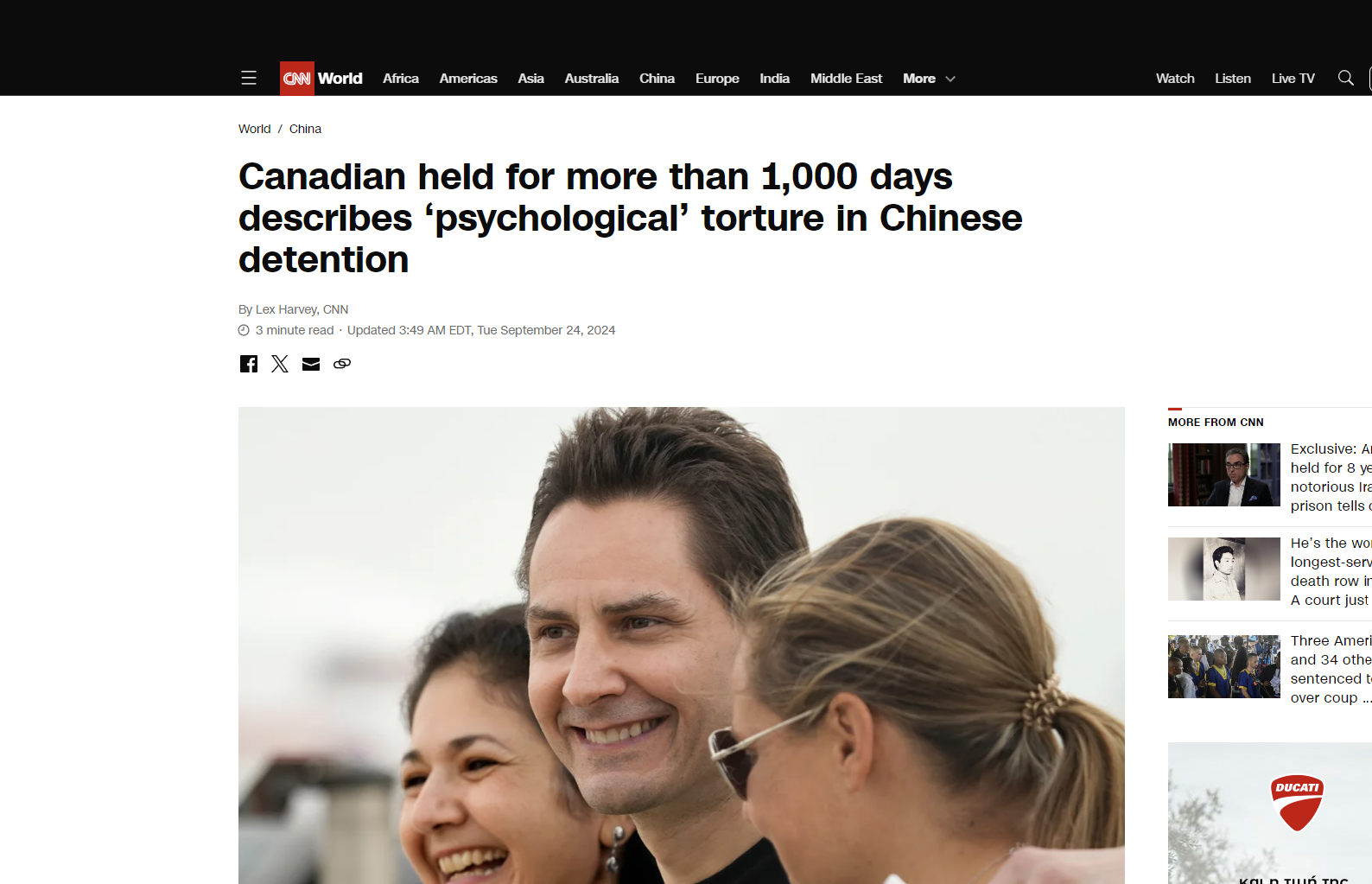
Τον ανέκριναν για 6 έως 9 ώρες καθημερινά, τον έκλειναν σε μια καρέκλα για ώρες και τον αναγκάζανε να επιβιώνει με τρία μπολ με ρύζι την ημέρα.
Ένας Καναδός πολίτης που πέρασε 1.000 ημέρες στην κινεζική κράτηση αποκάλεσε την εμπειρία τίποτα λιγότερο από ψυχολογικά βασανιστήρια που δεν θα ξεχάσει. Το θύμα κρατήθηκε με κατηγορίες κατασκοπείας από τις κινεζικές αρχές και επέστρεψε στην πατρίδα του το 2021, σύμφωνα με ρεπορτάζ του CNN.
Ο λόγος για τον Michael Kovrig, είναι ένας από τους δύο Καναδούς πολίτες που κρατήθηκαν από την Κίνα για περισσότερες από 1.000 ημέρες για καταγγελίες κατασκοπείας, τέθηκε σε απομόνωση για έξι μήνες και υποβλήθηκε σε συνεχείς ανακρίσεις, κάτι που σύμφωνα με τον ίδιο ήταν ψυχολογικά βασανιστήρια.
«Ήταν ψυχολογικά, απολύτως, το πιο εξαντλητικό, οδυνηρό πράγμα που έχω ζήσει ποτέ», είπε ο Κόβριγκ στις πρώτες του δηλώσεις που έδωσε σε καναδικό ειδησεογραφικό οργανισμό CBC μετά την απελευθέρωση από την κινεζική φυλακή πριν από τρία χρόνια.
«Προσπαθούν να εκφοβίσουν, να βασανίσουν, να τρομοκρατήσουν και να σας εξαναγκάσουν να αποδεχτείτε την ψεύτικη εκδοχή της πραγματικότητας», είπε ο Κόβριγκ.
Ο Καναδός πολίτης είχε εμπλακεί σε μια τριετή διπλωματική διαμάχη που ξεκίνησε το 2021 όταν οι καναδικές αρχές συνέλαβαν την Meng Wanzhou, την οικονομική διευθύντρια του κινεζικού τεχνολογικού κολοσσού Huawei, στο Βανκούβερ με την κατηγορία της απάτης. Ο Κόβριγκ αφέθηκε ελεύθερος μόνο αφού οι εισαγγελείς των ΗΠΑ απέρριψαν το αίτημα έκδοσης και συμφώνησαν να αφήσουν ελεύθερο τον Μενγκ, σχεδόν δύο χρόνια αργότερα.
Ο Kovrig, ο οποίος ήταν πρώην διπλωμάτης, εργαζόταν ως ανώτερος σύμβουλος για το think tank International Crisis Group. Σύμφωνα με πληροφορίες, επέστρεφε στο σπίτι με τη σύντροφό του μετά το δείπνο στο Πεκίνο στις 10 Δεκεμβρίου 2018. Η σύντροφός του εκείνη την εποχή ήταν έξι μηνών έγκυος όταν συνελήφθη από τις κινεζικές αρχές.
«Ανεβήκαμε μια σπειροειδή σκάλα ακριβώς μπροστά από την πλατεία μπροστά από την πολυκατοικία μου και μπουμ. Υπήρχαν δώδεκα άντρες στα μαύρα με κάμερες πάνω τους γύρω μας, που φώναζαν στα κινέζικα, «Αυτός είναι», θυμάται ο Κόβριγκ.
Το ειδησεογραφικό ρεπορτάζ της Canadian Broadcasting Corporation (CBC) αναφέρθηκε στο ρεπορτάζ του CNN για τον Κόβριγκ, στο οποίο είχε πει ότι κατά τη σύλληψή του του πέρασαν χειροπέδες, του έδεσαν τα μάτια και τον πέταξαν σε ένα μαύρο SUV και στη συνέχεια τον πήγαν σε ένα κελί με επένδυση που θα ήταν το σπίτι του για τους επόμενους έξι μήνες.

Ανθρώπινα Δικαιώματα
Απαγωγές φοιτητών στο Βελουχιστάν από το πακιστανικό καθεστώς!
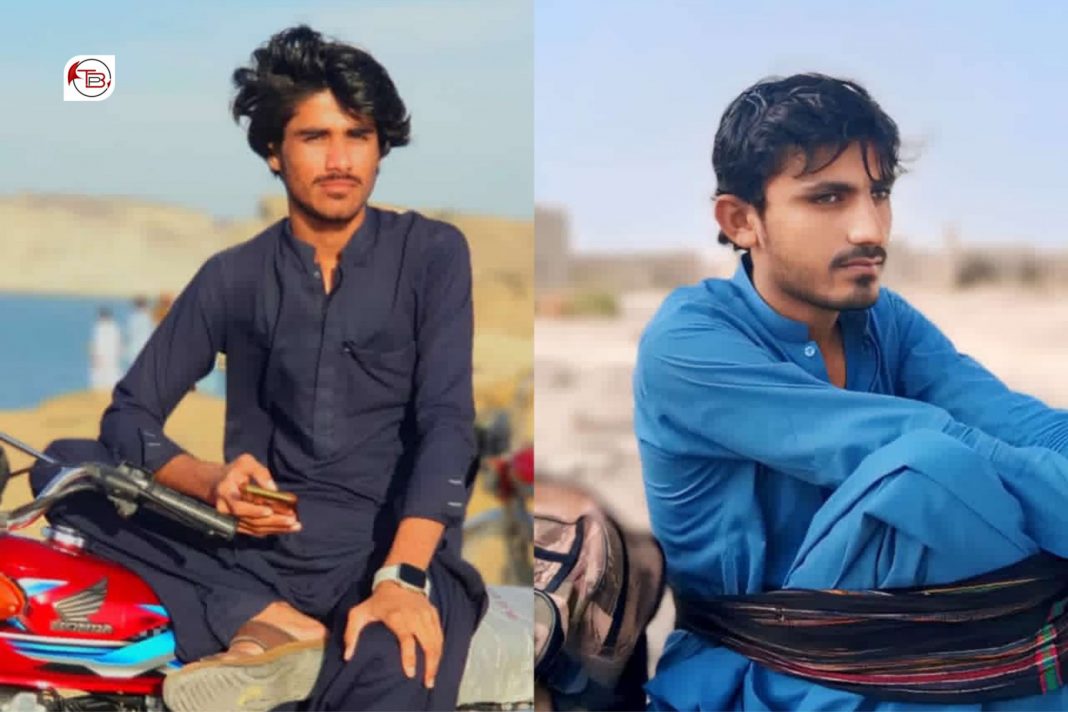
Η πακιστανική κυβέρνηση κλείνει συνεχώς τα μάτια στις κραυγές για δικαιοσύνη στο Βελουχιστάν.
Το Πακιστάν έχει μακρά ιστορία αναγκαστικών εξαφανίσεων και εξωδικαστικών δολοφονιών, με στόχο ιδιαίτερα υπερασπιστές των ανθρωπίνων δικαιωμάτων και ακτιβιστές μειονοτήτων που επικρίνουν την κυβέρνηση και τον στρατό, καθώς και άτομα που είναι ύποπτα για εμπλοκή με την αντιπολίτευση.
Εν μέσω συνεχιζόμενων εξαφανίσεων και εξωδικαστικών δολοφονιών στο Μπαλουχιστάν, δύο νεαροί άνδρες, ο Akhtar Shah και ο Sahaj Mengal, απήχθησαν βίαια από τα σπίτια τους από τις ένοπλες δυνάμεις του Πακιστάν στην περιοχή Killi Pandrani, όπως αναφέρει η “Balochistan Post“.
Στις 23 Σεπτεμβρίου, μεγάλος αριθμός πακιστανικών δυνάμεων περικύκλωσε την Killi Pandrani και πραγματοποίησαν επιδρομές σε σπίτια.
Κατά τη διάρκεια αυτής της επιχείρησης, συνέλαβαν τους δύο νεαρούς, τους έδεσαν τα μάτια και τους τοποθέτησαν με τη βία στα οχήματά τους. Προς το παρόν, δεν υπάρχουν πληροφορίες για το πού βρίσκονται, ενώ οι αρχές της περιοχής δεν έχουν ακόμη δηλώσει το περιστατικό.
We are deeply concerned about the enforced disappearance of two students, Musa s/o Khaliqdad and Sameer s/o Majeed. On September 22, both were forcibly by the Pakistan army at Dasht Doro, military checkpoint while traveling from Gwadar to Kapkapar. We urge Pakistani authorities… pic.twitter.com/Xb830AdRUD
— Paank (@paank_bnm) September 24, 2024
«Ανησυχούμε βαθιά για την εξαναγκαστική εξαφάνιση δύο μαθητών, του Musa Khaliqdad και του Sameer Majeed. Στις 22 Σεπτεμβρίου και οι δύο βρίσκονταν βίαια από τον στρατό του Πακιστάν στο Dasht Doro, ένα στρατιωτικό σημείο ελέγχου ενώ ταξίδευαν από το Gwadar στο Kapkapar. Προτρέπουμε τις πακιστανικές αρχές να αποκαλύψουν αμέσως πού βρίσκονται και να διασφαλίσουν την ασφαλή επιστροφή τους», δήλωσε το Pank (Τμήμα Ανθρωπίνων Δικαιωμάτων του Εθνικού Κινήματος Baloch) στο X.
Σύμφωνα με τη “Balochistan Post”, 37 άνθρωποι εξαφανίστηκαν βίαια σε όλο το Βελουχιστάν μόνο τον Αύγουστο, ενώ 9 άτομα εξακολουθούν να αγνοούνται, ενώ βρέθηκαν 6 σοροί. Παρά τις πολυετείς διαμαρτυρίες, τις συγκεντρώσεις και την αυξανόμενη διεθνή ευαισθητοποίηση, η πακιστανική κυβέρνηση κλείνει συνεχώς τα μάτια στις κραυγές για δικαιοσύνη στο Βελουχιστάν.
Το Πακιστάν έχει μακρά ιστορία αναγκαστικών εξαφανίσεων και εξωδικαστικών δολοφονιών, με στόχο ιδιαίτερα υπερασπιστές των ανθρωπίνων δικαιωμάτων και ακτιβιστές μειονοτήτων που επικρίνουν την κυβέρνηση και τον στρατό, καθώς και άτομα που είναι ύποπτα για εμπλοκή με την αντιπολίτευση. Η ανεξέλεγκτη ισχύς του στρατού, σε συνδυασμό με μια συνένοχη κυβέρνηση, έχει δημιουργήσει ένα περιβάλλον φόβου και καταστολής.
Η εμμονή των εξαναγκαστικών εξαφανίσεων στο Μπαγκλαντές παραμένει μια κρίσιμη ανησυχία για τα ανθρώπινα δικαιώματα, με ουσιαστικά στοιχεία που δείχνουν εκτεταμένες και συστηματικές καταχρήσεις από τις πακιστανικές δυνάμεις ασφαλείας. Ο λαός του ΒΕλουχιστάν καλεί επειγόντως για διεθνή προσοχή και παρέμβαση για την αντιμετώπιση αυτών των σοβαρών παραβιάσεων των ανθρωπίνων δικαιωμάτων.
Η αυξανόμενη συχνότητα εξαναγκαστικών εξαφανίσεων όχι μόνο παραβιάζει τα θεμελιώδη ανθρώπινα δικαιώματα, αλλά υπογραμμίζει επίσης τις βάναυσες τακτικές που εφαρμόζει ο Πακιστανικός Στρατός για να φιμώσει τα αιτήματα του λαού των Μπαλώχ για αξιοπρέπεια και δικαιοσύνη.
-
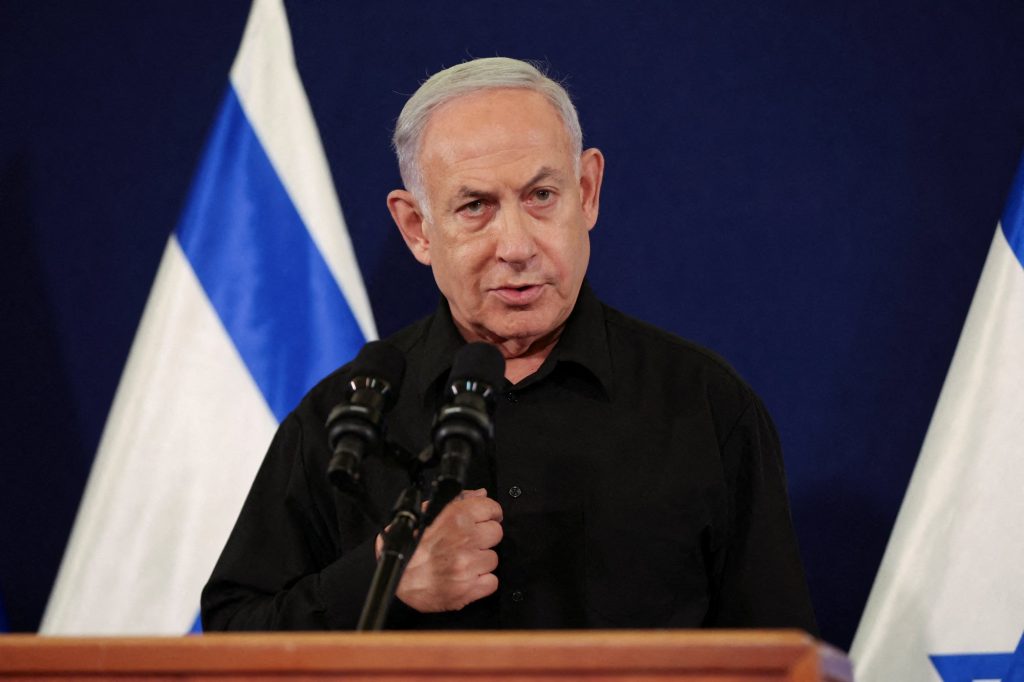
 Ιράν1 ημέρα πριν
Ιράν1 ημέρα πρινKίνηση υψηλού ρίσκου του Ισραήλ! Δεν αποκλείει χτύπημα στα πυρηνικά του Ιράν ο Νετανιάχου – Πότε θα χτυπήσει;
-
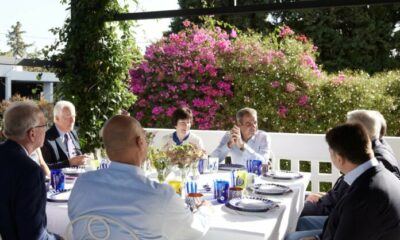
 Εξωτερική Πολιτική1 ημέρα πριν
Εξωτερική Πολιτική1 ημέρα πρινΣτο επίκεντρο η ελληνοαμερικανική συνεργασία σε συνάντηση του Μητσοτάκη με Αμερικανούς γερουσιαστές στα Χανιά
-

 Γενικά θέματα1 ημέρα πριν
Γενικά θέματα1 ημέρα πρινΜία νέα αρχή για το «Γεωπολιτικό»
-
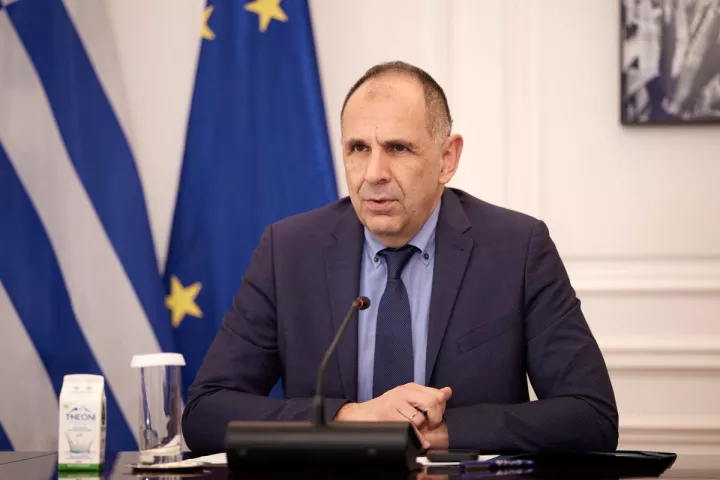
 Αναλύσεις - Γνώμες1 ημέρα πριν
Αναλύσεις - Γνώμες1 ημέρα πρινQuo vadis κύριε Γεραπετρίτη;
-

 Αστυνομία1 ημέρα πριν
Αστυνομία1 ημέρα πρινΑποκάλυψη! Ειδικό λογικό ισραηλινής κατασκευής για μαζική αναγνώριση προσώπων αποκτά η ΕΛ.ΑΣ
-

 Πολιτισμός1 ημέρα πριν
Πολιτισμός1 ημέρα πρινΒαθιά σιωπή! Θλίψη και πένθος – Έφυγε ο σπουδαίος Μίμης Πλέσσας λίγο πριν κλείσει τα 100
-

 Video9 ώρες πριν
Video9 ώρες πρινLive: Σε νέα φάση ο πόλεμος στη Μέση Ανατολή! Δύσκολες στιγμές για την ανθρωπότητα
-
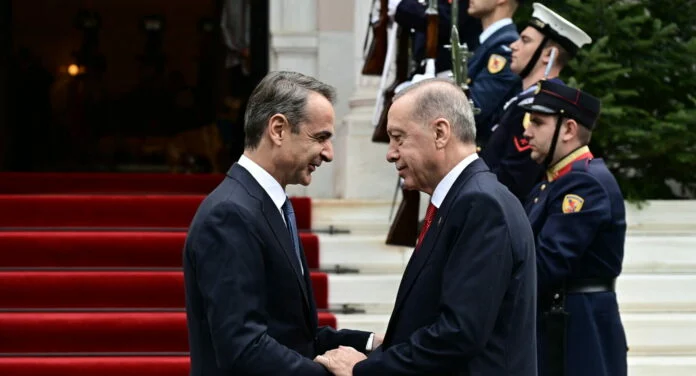
 Γενικά θέματα24 ώρες πριν
Γενικά θέματα24 ώρες πρινΤούρκος διπλωμάτης: «Η σιωπηλή συμφωνία Ερντογάν – Μητσοτάκη»




